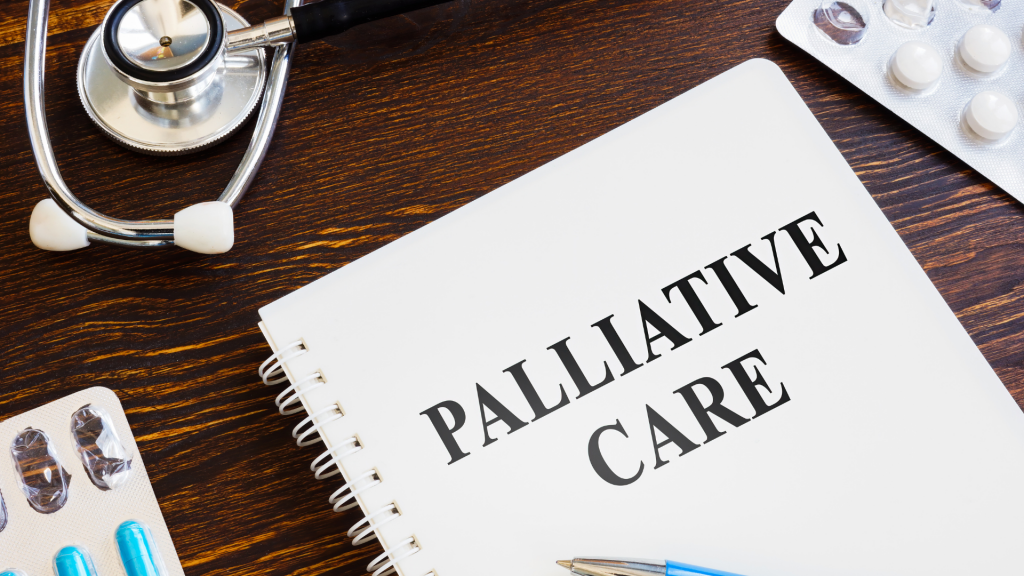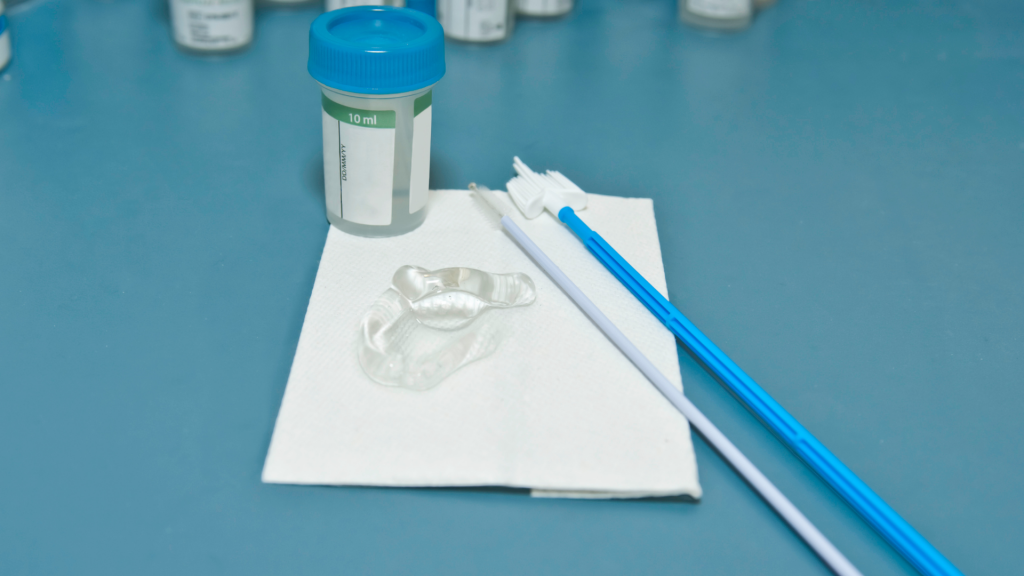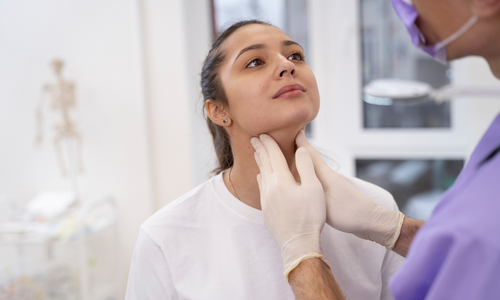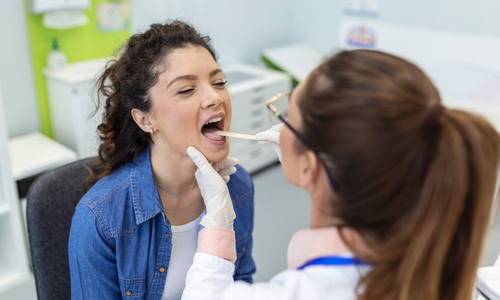8 Therapies Support Cancer Patients’ Emotional Resilience, Senses, and Pain Relief – CancerMitr
Navigating through cancer treatment presents a very challenging journey for a patient. Conventional approaches such as chemotherapy, radiation therapy, surgery, and immunotherapy, while vital for combating the disease, often introduce side effects that impede the individual’s capacity to engage in routine activities. In this arduous process, integrative therapy emerges as a beacon of support, offering solutions to alleviate the burdensome repercussions of treatment






